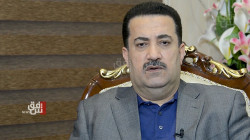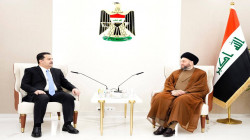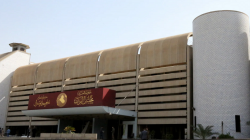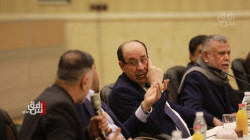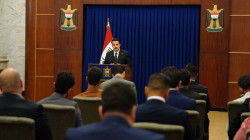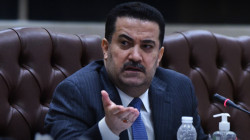Iraqi PM Unveils Comprehensive National Population Policy to Tackle Demographic Shifts
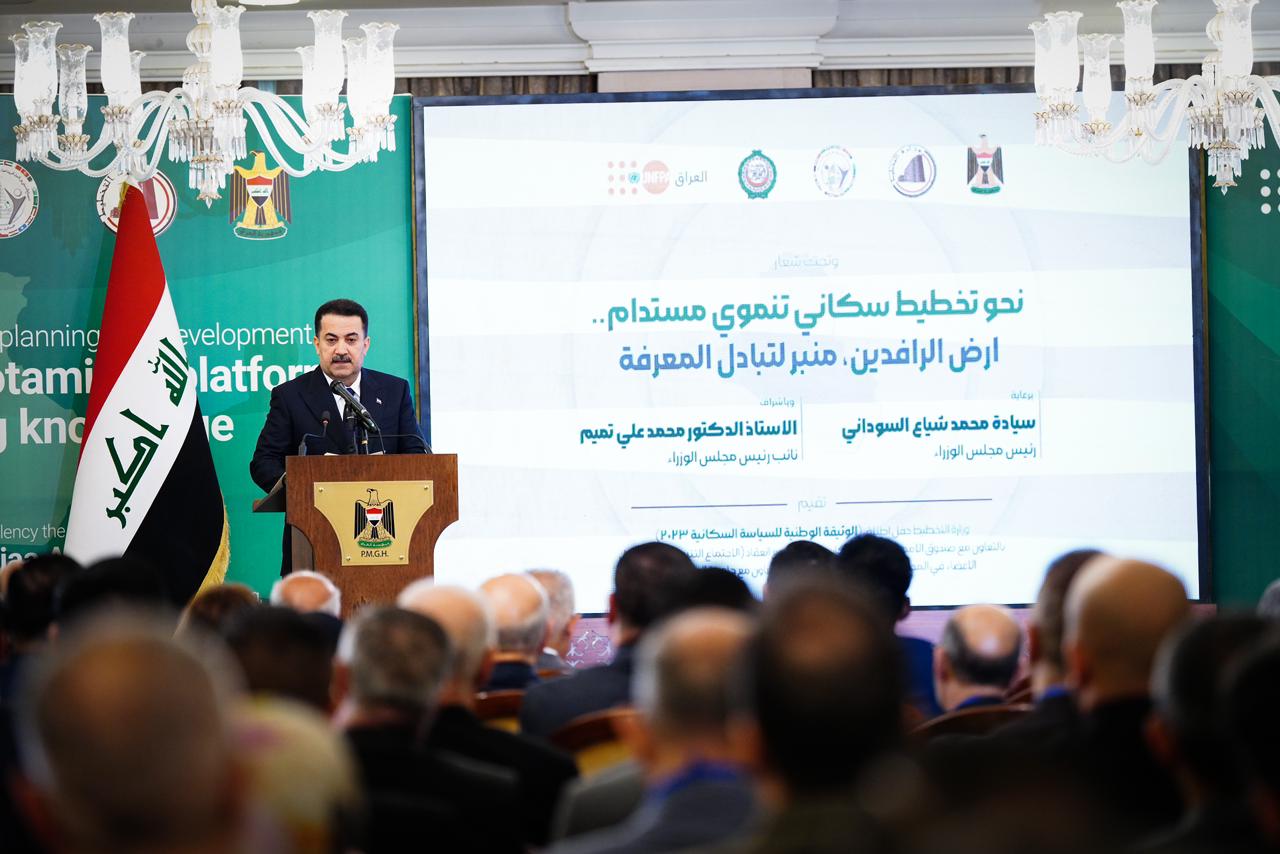
Shafaq News/ Iraq's Prime Minister Mohammed Shia al-Sudani on Wednesday unveiled an updated National Population Policy crafted to address the nation's pressing demographic challenges.
During the coordinating meeting of the Arab Council for Population and Development in Baghdad, al-Sudani projected on the vitality of revising the original 2013 National Population Policy Document.
"The new version has been meticulously crafted to confront contemporary challenges, given the profound social, demographic, and health transformations that have occurred over the past decade," he said.
The premier highlighted the congruence between the new document and the government's program, which emphasizes the connection between demographic phenomena and sustainable development plans.
"The Ministerial Council for Human Development has endorsed the adoption and approval of the updated document, citing its harmony with the fundamental values of Iraqi society and its demographic composition," he continued.
Al-Sudani explained that a team of experts and academics crafted this document under the direct supervision of the National Committee for Population Policies and in partnership with the United Nations Population Fund to create the updated document.
"This new version reflects globally recognized principles and recommendations in the realm of population and sustainable development," he said.
"The government's program accentuates the importance of fostering an enabling environment that bolsters the roles of different population groups, ensuring a healthy life, quality education, and equal opportunities," he said, "it seeks to narrow the gender gap and commits to social welfare programs catering to the elderly and vulnerable population segments."
Al-Sudani clarified that population policies are not aimed at implementing measures to directly curtail fertility rates and limit population growth, contrary to common misconceptions, drawing attention to the significant emphasis on the youth.
Acknowledging the youthful nature of Iraqi society, al-Sudani said that the preponderance of the 15-64 age group, which constitutes two-thirds of the population, can help alleviate the economic labor burdens and enhance the prospects for increased productivity.
To capitalize on this demographic advantage, al-Sudani called for embracing robust development policies founded on economic, educational, and vocational plans.
"These policies aim to harness the potential of the youth, who will comprise the majority of Iraq's population for the first time in the nation's history," he said.
Prime Minister al-Sudani urged state institutions to abide by the National Population Policy Document's requirements when formulating diverse development policies.
"These policies encompass objectives and measures addressing the document's eleven main themes, including education, health, empowerment, care for vulnerable groups, migration, and the promotion of social cohesion and values," he concluded.
Iraq is currently grappling with a severe housing crisis, with an estimated deficit of three million housing units. While experts acknowledge the significance of housing loans in mitigating the issue, they also emphasize the need for prioritization and eligibility when granting loans to low-income individuals and employees with modest salaries.
